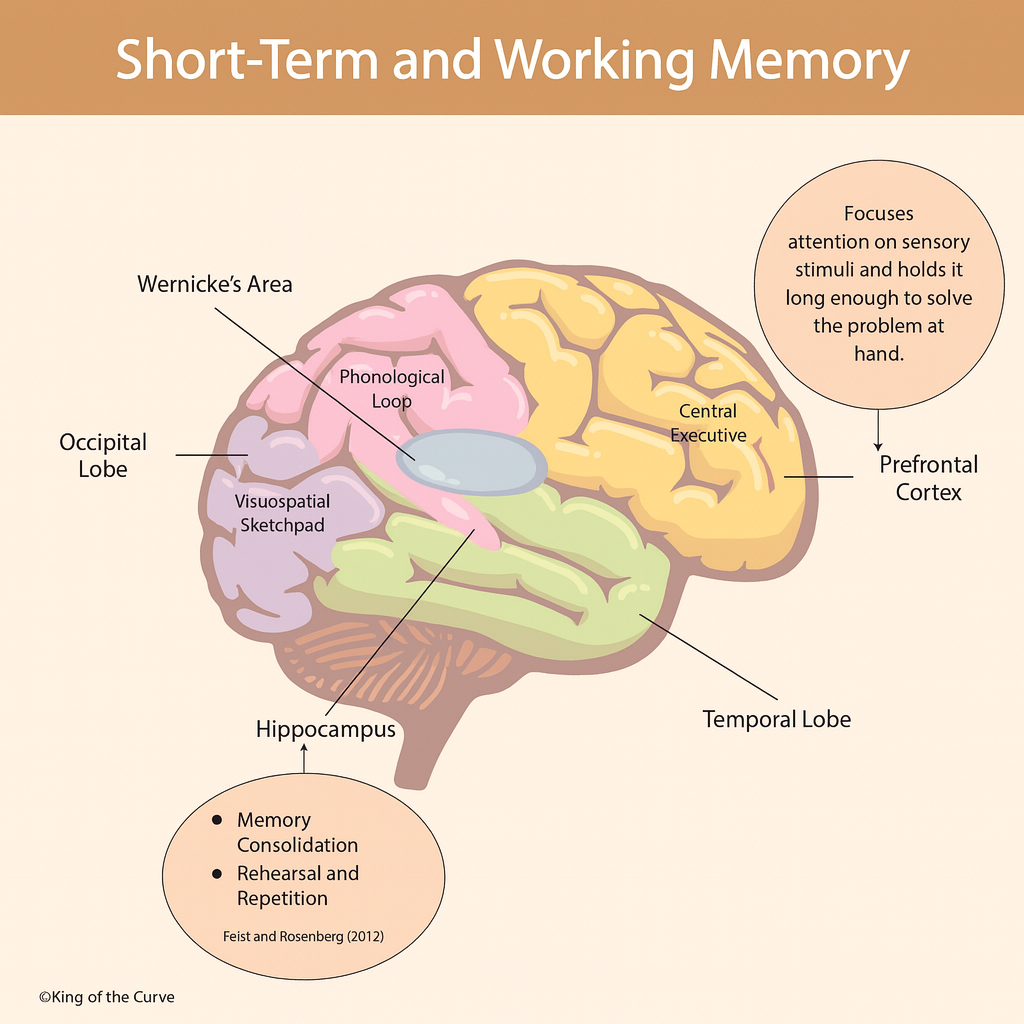
🧠 Short-Term and Working Memory
Learn the difference between short-term memory and working memory, their brain regions, components like the phonological loop and visuospatial sketchpad, and clinical relevance. Ideal for exams and neuroscience study.

🧠 Understanding Psychological Theories of Mental Disorders for the MCAT
A high-yield breakdown of psychodynamic, behavioral, cognitive, and humanistic theories of mental disorders. Ideal for MCAT psychology prep, featuring a King of the Curve visual that simplifies complex concepts.
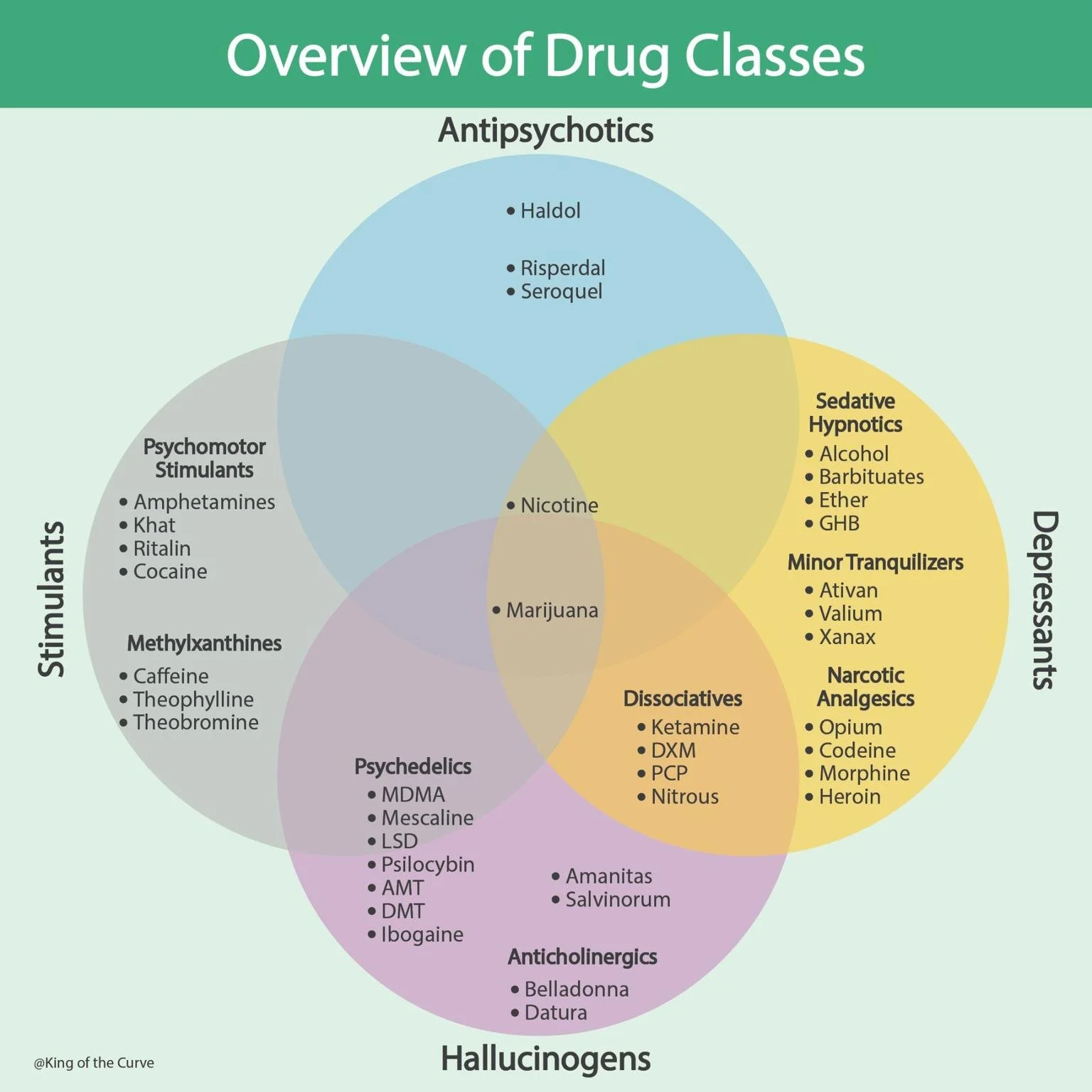
🧠 Overview of Drug Classes: Understanding Their Effects and Interactions
Explore the major classes of drugs stimulants, depressants, antipsychotics, and hallucinogens. Learn how each affects the brain and body, their medical uses, and potential risks in this clear overview of drug categories.

🧠 Neurotransmitters: The Chemical Messengers of the Nervous System
Learn how neurotransmitters like dopamine, serotonin, GABA, and acetylcholine control mood, focus, and memory. Understand their structure, function, and clinical importance for the MCAT, NCLEX, and neuroscience exams.
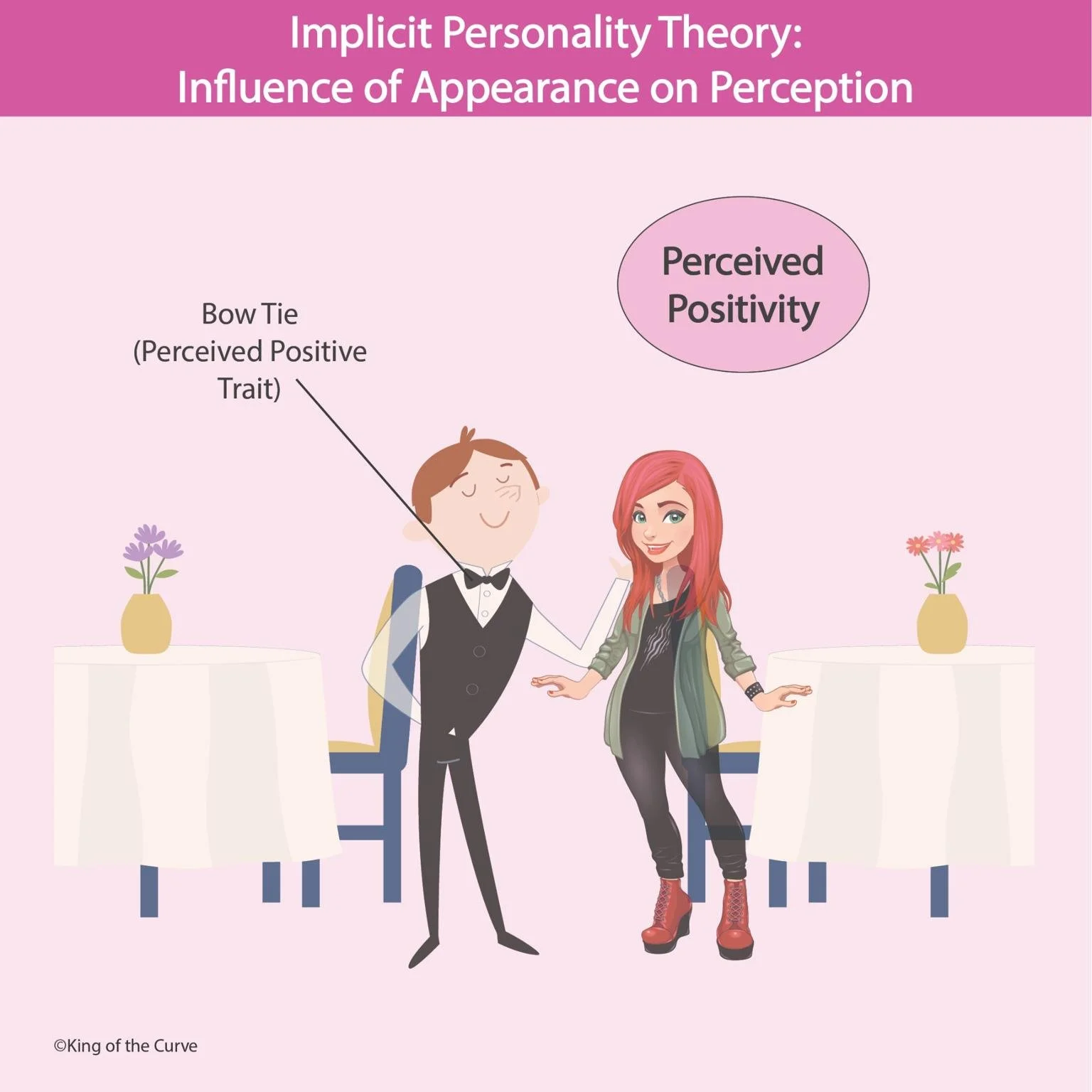
🧠 Implicit Personality Theory: Influence of Appearance on Perception
Discover how appearance influences perception through the implicit personality theory — learn how first impressions shape our views and biases.

💡 Hormone Types That Affect Mood and Stress Response
Discover how key hormones — including sex hormones, stress hormones, thyroid hormones, and oxytocin — influence mood, stress response, and emotional balance. Learn their physiological roles and connections to mental health.

🏠💸 The House Money Effect: Why “Winning” Makes Us Riskier
Master the House Money Effect for MCAT Psych/Soc. See why people take bigger risks with recent gains and how it differs from break-even and sunk cost biases.
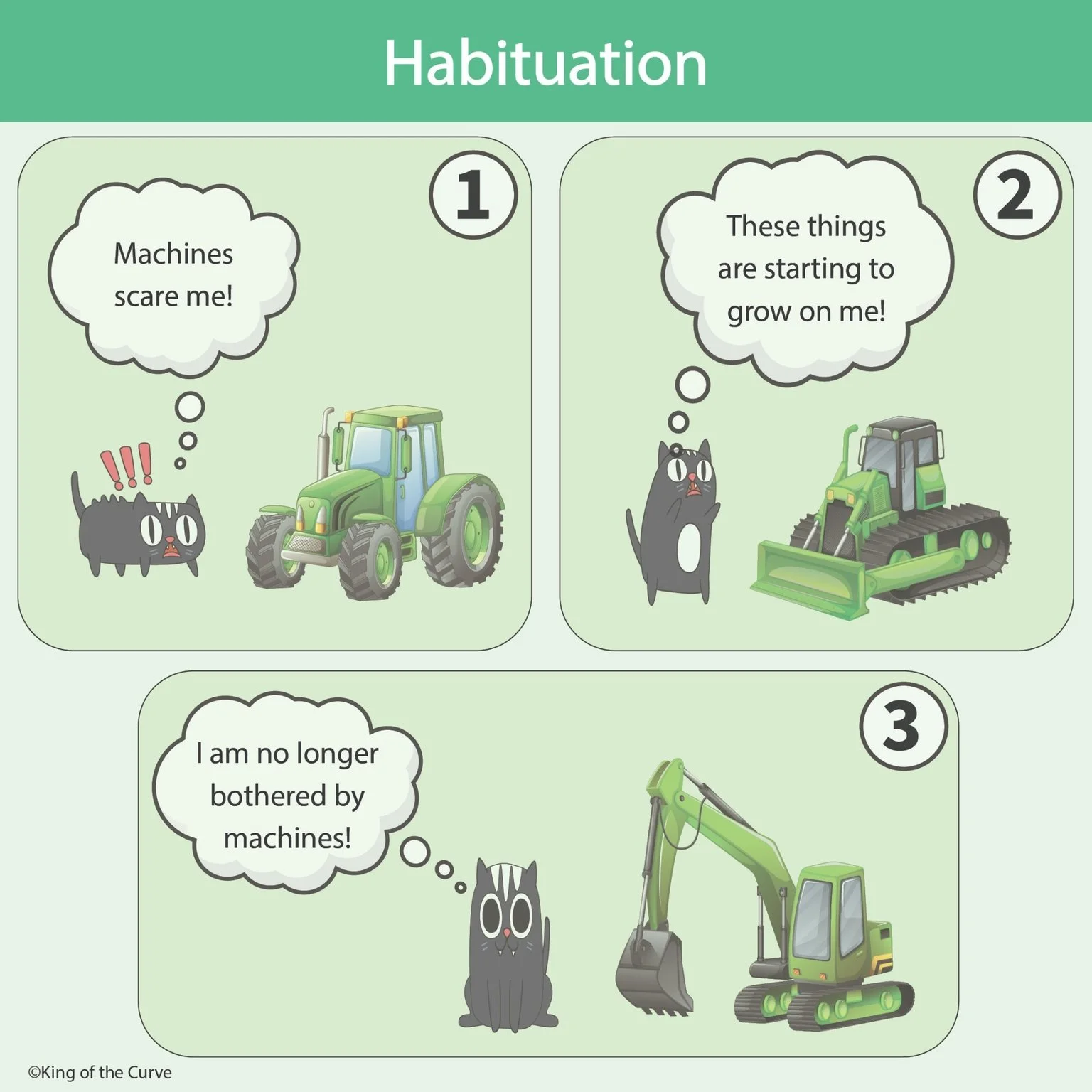
🐾 Habituation: Getting Used to a Stimulus (MCAT/NCLEX High-Yield)
Understand habituation for the MCAT & NCLEX. Learn how responses decrease with repeated exposure, with KOTC visuals and practice examples.

📘 Fundamental Attribution Error (FAE): Ace It on the MCAT Psych/Soc
Master the Fundamental Attribution Error for MCAT Psych/Soc. See examples, compare related biases, and learn quick recognition tips with a KOTC visual.

🧠 Availability vs. Representativeness Heuristic Explained
Understand the difference between availability and representativeness heuristics with clear examples. Learn how these cognitive shortcuts influence our daily decisions and biases.

🧠 Behavioral Shaping: Training Steps Illustrated
Learn how behavioral shaping works with illustrated steps using a pigeon training example. Understand how small rewards guide complex behavior using operant conditioning.
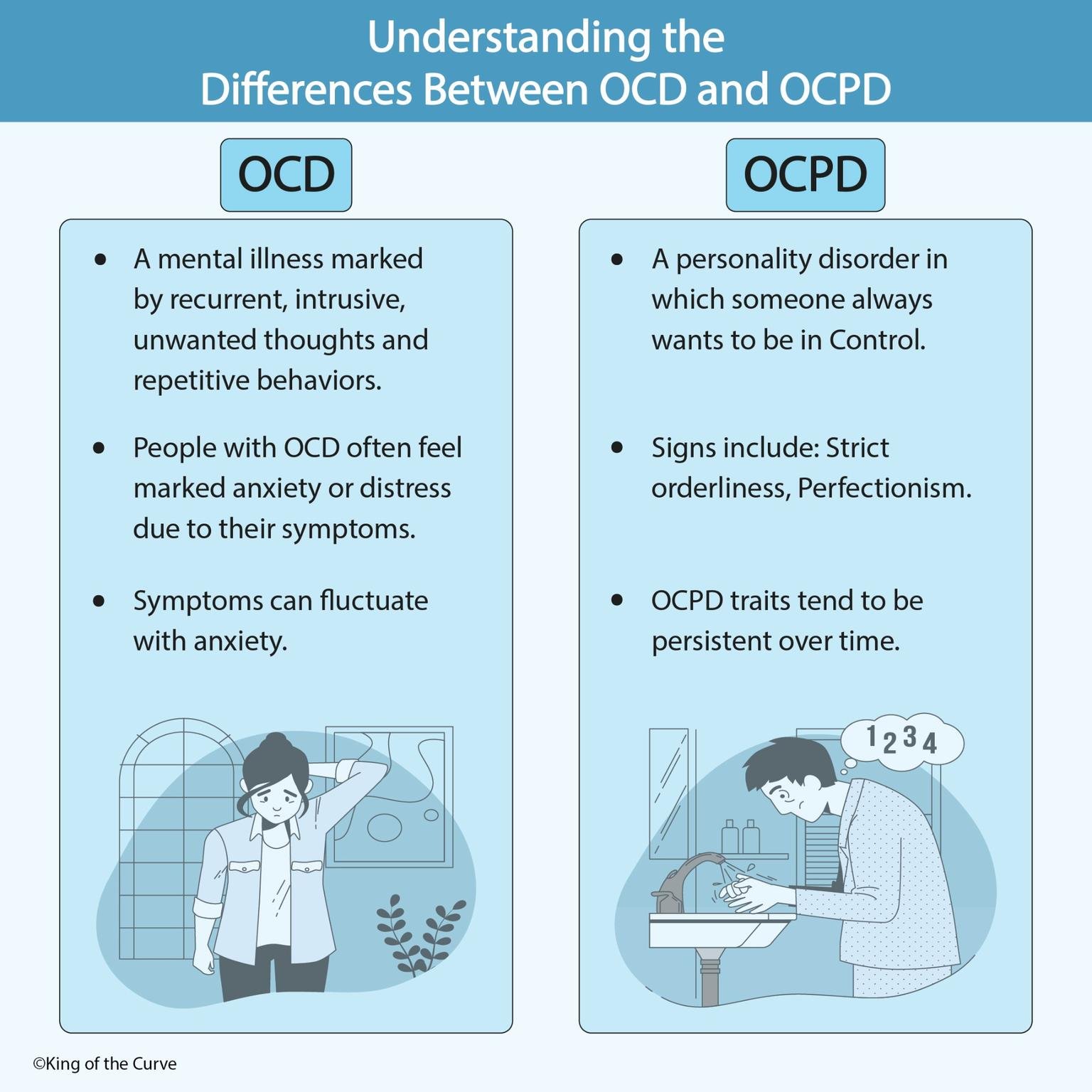
🧠 OCD vs OCPD: What’s the Difference and Why It Matters for the MCAT
Confused between OCD and OCPD? This visual MCAT guide breaks down the differences, symptoms, and test strategies—plus a KOTC infographic to lock it in.
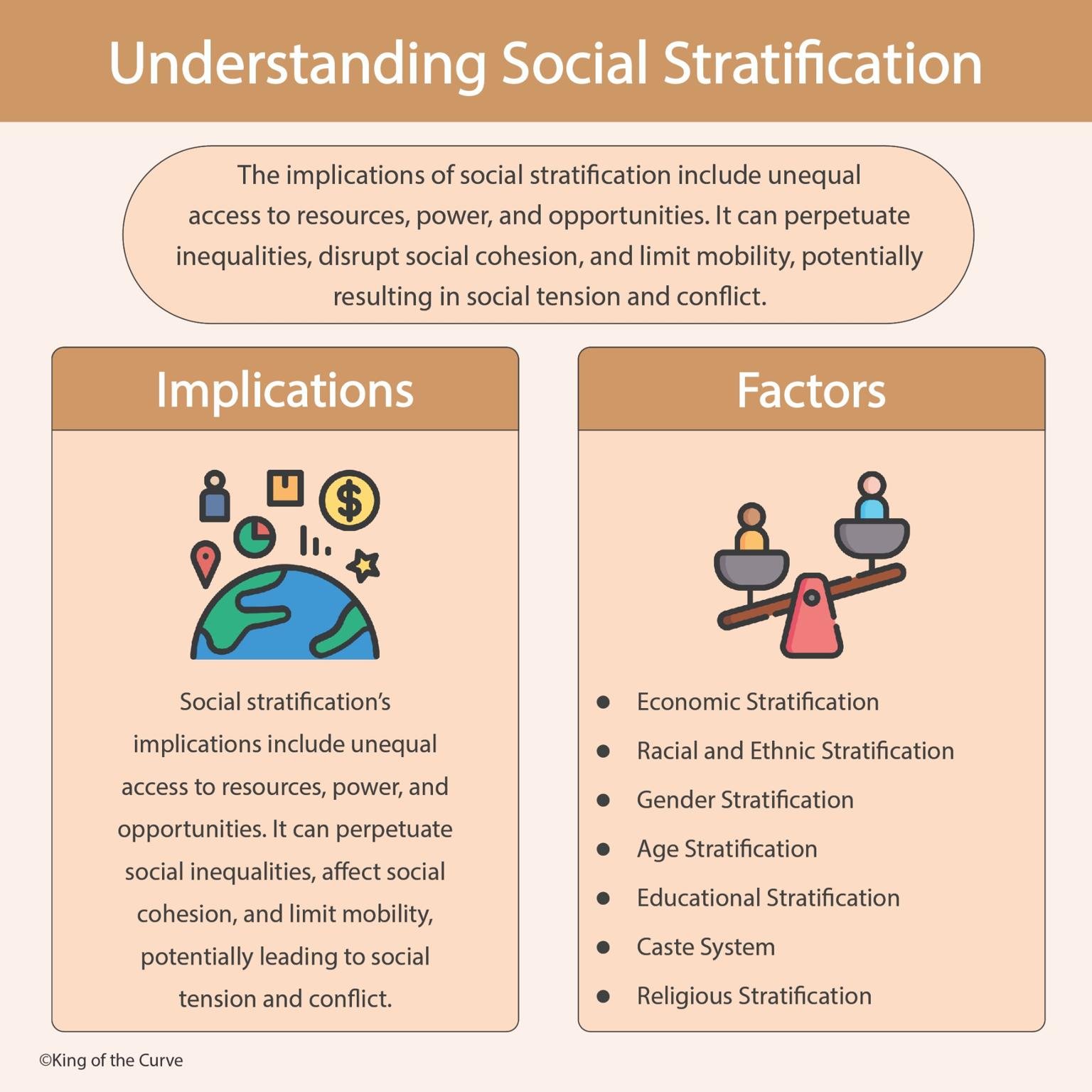
🧭 Understanding Social Stratification
Learn what social stratification means, its impact on access to resources, and how factors like income, education, and gender affect class structure. Ideal for MCAT prep.
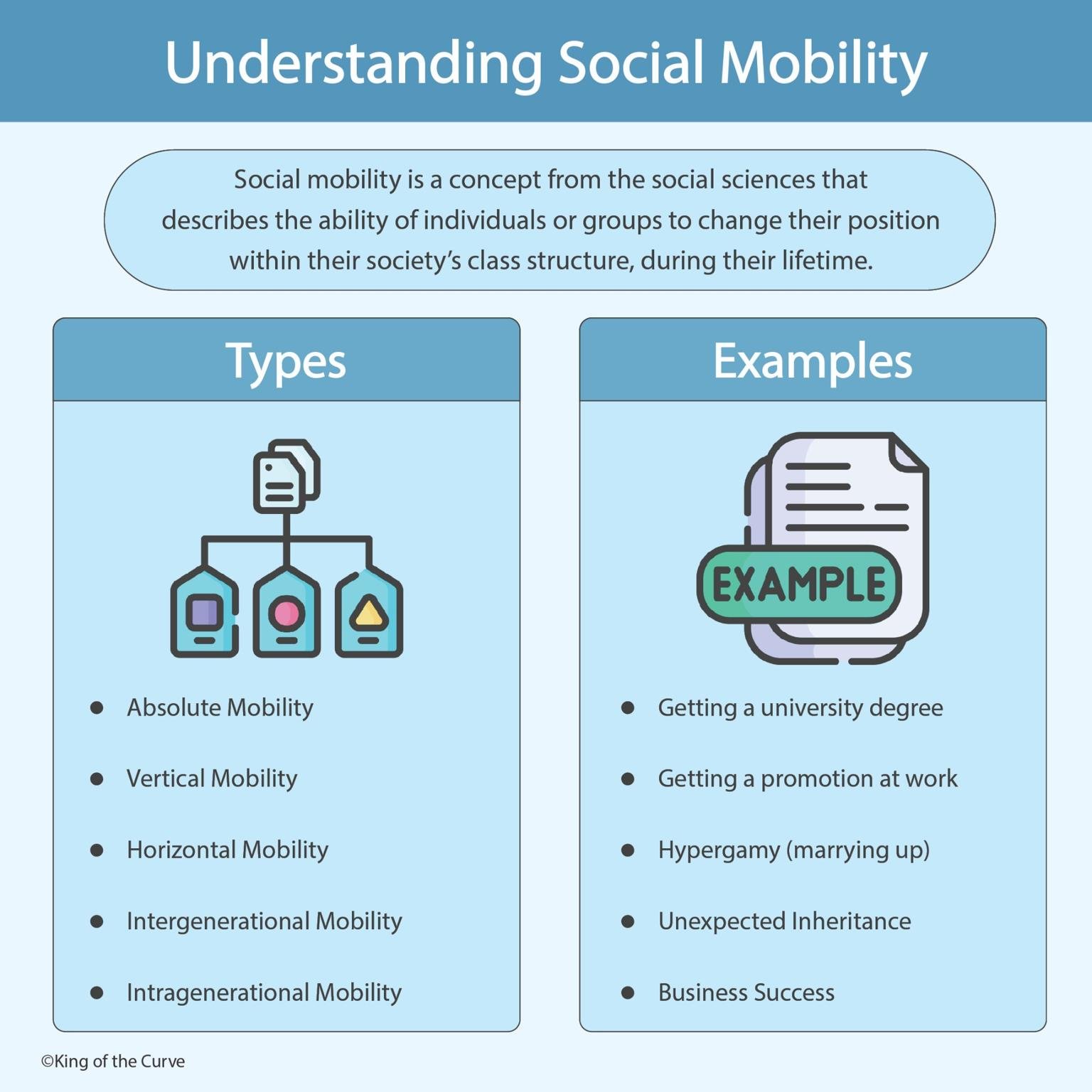
📈 Understanding Social Mobility: Types & Real-Life Examples
Explore the concept of social mobility with real-world examples. Learn about vertical, horizontal, and generational mobility types in simple terms.

😴 Types of Sleep Disorders on the MCAT
Learn how to distinguish Dyssomnias and Parasomnias for the MCAT with real examples, clinical insight, and test-day tips.

🧠 Understanding Types of Individual Traits for the MCAT
Learn cardinal, central, and secondary traits for the MCAT with definitions, visuals, and scenarios. Psychology made easy by King of the Curve.

🧠 Three Theories of Language Development: MCAT Study Breakdown
Learn the behaviorist, nativist, and interactionist theories of language development for the MCAT. Includes chart, examples, and sample question.

🧠 The Seven Universal Human Emotions on the MCAT: Recognizing Core Affective States
Learn about the seven universal human emotions and how they appear on the MCAT. Includes tips, tables, sample question, and visuals.

🧠 Self-Fulfilling Prophecy on the MCAT: How Beliefs Shape Behavior
Understand the self-fulfilling prophecy and how it appears on the MCAT. Learn examples, MCAT-style tips, and key psychology concepts.

🧠 Self-Determination Theory (SDT): The Psychology Behind Motivation
Discover how Self-Determination Theory explains human motivation through three basic psychological needs: competence, autonomy, and relatedness. A must-read for psychology learners!
